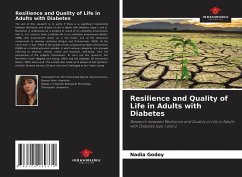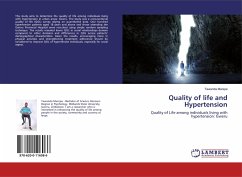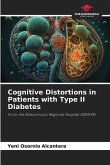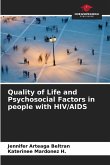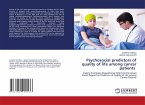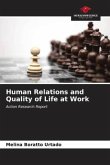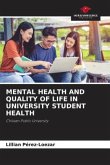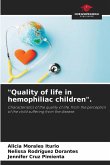The aim of this research is to verify if there is a significant relationship between Resilience and Quality of Life in Adults with Diabetes (type 1 and 2). Resilience is understood as a product or result of an unhealthy environment, that is, it is used to have a healthy life in an unhealthy environment (Rutter, 1999), this environment works as a risk factor, one of the necessary components to develop resilience (Fergus and Zimmerman, 2005). At the same time, it was linked to the Quality of Life, proposed by Faden and German (1998) as a multidimensional variable, in which various categories are grouped referring to physical, mental, social and economic well-being, from the perspective of the subjects themselves. To carry out this research, the Resilience Scale (Wagnild and Young, 1993) and the Diabetes 39 Instrument (Boyer, 1997) were used. The sample was made up of people of both genders, of which 56 were women, 39 were men and 5 belonged to the "other" group.

